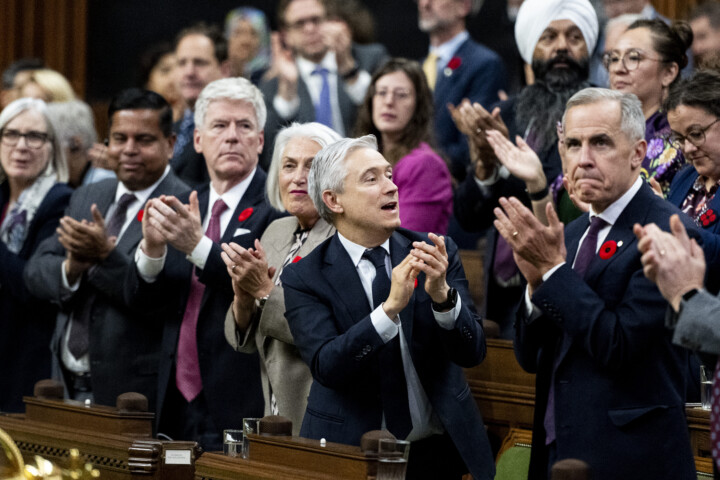In The Weekly Wrap Sean Speer, our editor-at-large, analyses for Hub subscribers the big stories shaping politics, policy, and the economy in the week that was.
No wonder we have so many lobbyists—the size of government has exploded
In an article this week, The Hub’s data journalist Kiernan Green reported on the massive expansion of lobbying and lobbyists during the Trudeau era. The number of registered lobbyists at the federal level is up 40 percent since 2015.
Perhaps it’s not a coincidence that the ranks of lobbyists have grown so much at the same time that the federal public service itself has increased by more than 40 percent. The relationship between the two isn’t quite causal but it isn’t merely correlative either.
As the Trudeau government has expanded the role of the state in the economy, it’s only logical that industry would enhance its capacity to influence government decision-making. Big government invariably begets more lobbying.
This ought to be intuitive. The more that the government supplants the market’s role in allocating resources or using its regulatory powers to engineer economic outcomes, industry faces greater benefit (or cost) rooted in state action. Government policy is no longer tangential to a business’s interests. It becomes far closer to the centre of its ultimate success or failure.
In such a political environment, it’s understandable for industry (or other interest groups) to dedicate a growing share of their resources to trying to influence policy outcomes in a favourable direction. A lobbyist becomes as critical as an an accountant or engineer or a salesperson. The payoff can be huge.
The most obvious example in recent years is Canada’s electric vehicle industry which exists by and large due to government policy. Canadian governments are now massively subsidizing production, mandating and subsidizing consumer purchases, and using tariffs to block imports from China.
As an industry essentially manufactured by government, it stands to reason that its companies would spend a lot on lobbying. Its chief lobbyist was even awarded the Order of Canada last year for “advancing Canada’s automotive and technology industries on an international scale” which is a clever euphemism for securing billions of dollars in public subsidies.
The key point here is that we shouldn’t be surprised that the Trudeau era has been a good one for lobbyists. It’s a predictable consequence of the government’s conception of the economy and an expansive role of the state in shaping its outcomes.









